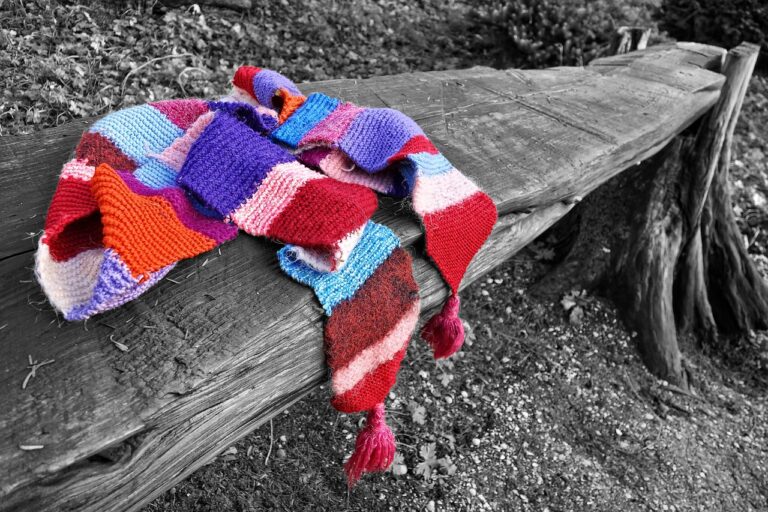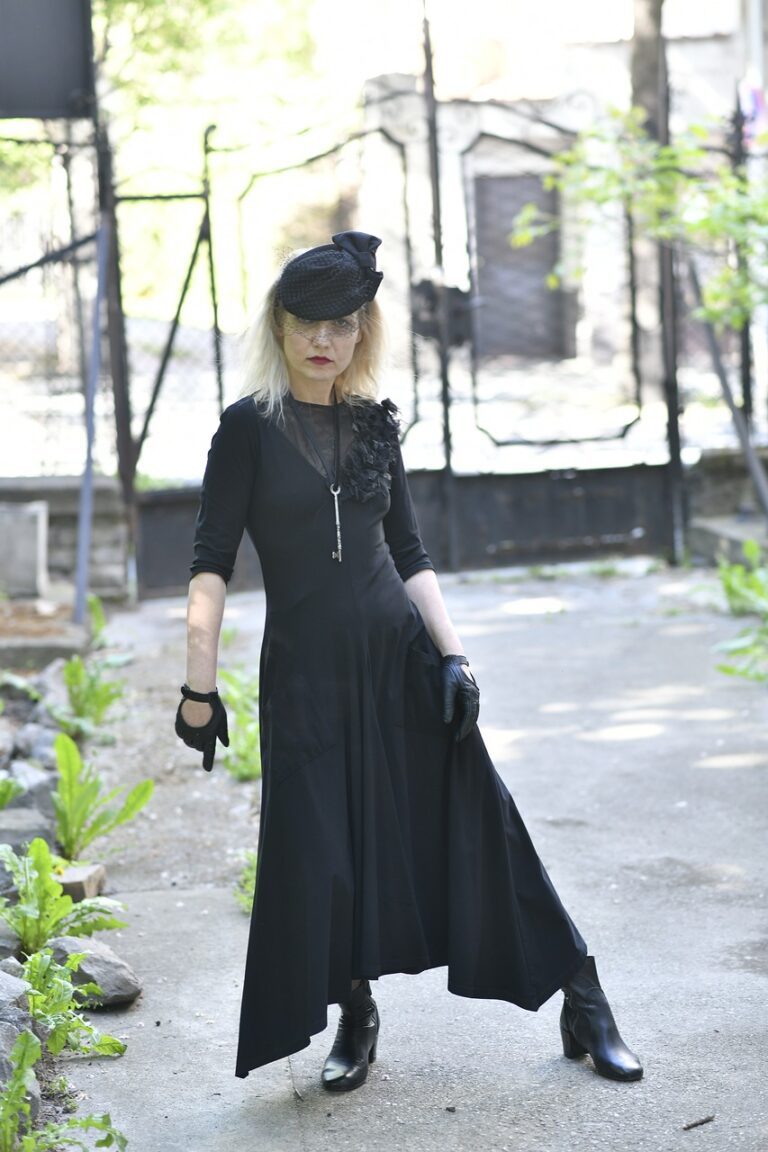Fashion Forecast: Key Trends for Eco-Conscious Consumers: Tiger exchange, Golden77, Sky 99 exch id
tiger exchange, golden77, sky 99 exch id: Fashion Forecast: Key Trends for Eco-Conscious Consumers
In recent years, the fashion industry has been increasingly criticized for its negative impact on the environment. From the production of textiles to the disposal of clothing, the fashion industry contributes significantly to pollution, waste, and resource depletion. As a result, there has been a growing demand for more sustainable and eco-conscious fashion options. In response to this shift in consumer preferences, designers and brands are embracing eco-friendly practices and incorporating sustainability into their collections. Here are the key trends for eco-conscious consumers to look out for in the world of fashion.
1. Sustainable Fabrics
One of the most significant trends in eco-friendly fashion is the use of sustainable fabrics. Designers are increasingly turning to materials that have a lower environmental impact, such as organic cotton, hemp, Tencel, and recycled polyester. These fabrics are produced using fewer resources, chemicals, and energy, making them a more sustainable choice for environmentally conscious consumers.
2. Upcycling and Repurposing
Another trend gaining popularity in the fashion industry is upcycling and repurposing old clothing and textiles. Designers are finding creative ways to breathe new life into old garments, turning them into fresh, modern pieces that are both sustainable and stylish. By giving new life to old clothes, upcycling helps reduce waste and minimize the environmental impact of the fashion industry.
3. Zero-Waste Design
Zero-waste design is a trend that focuses on creating garments without producing any waste during the production process. Designers are using innovative cutting techniques and pattern-making methods to maximize fabric efficiency and minimize scraps. This approach not only reduces waste but also challenges traditional notions of fashion design, pushing designers to think more creatively and sustainably.
4. Ethical Production
Ethical production practices are becoming increasingly important to eco-conscious consumers. From fair wages and safe working conditions for garment workers to transparent and traceable supply chains, ethical production ensures that the people behind our clothes are treated fairly and ethically. Brands that prioritize ethical production are gaining popularity among consumers who care about social and environmental issues.
5. Slow Fashion
The slow fashion movement advocates for a more deliberate and mindful approach to clothing consumption. Instead of chasing trends and buying cheap, disposable clothing, slow fashion encourages consumers to invest in high-quality, timeless pieces that are made to last. By choosing quality over quantity and supporting brands that prioritize sustainability and ethical practices, consumers can reduce their environmental impact and contribute to a more sustainable fashion industry.
6. Circular Fashion
Circular fashion is a concept that aims to create a closed-loop system in which clothing and textiles are continuously recycled, upcycled, or repurposed to minimize waste and maximize resource efficiency. Brands are increasingly embracing circular fashion models, offering take-back programs, rental and resale options, and initiatives to extend the lifespan of their products. By designing with circularity in mind, fashion brands can reduce their environmental footprint and build a more sustainable future for the industry.
7. Plant-Based Dyes
Conventional textile dyeing processes are known to be harmful to the environment, polluting waterways and contributing to carbon emissions. Plant-based dyes, on the other hand, offer a more sustainable alternative, using natural ingredients such as fruits, vegetables, and flowers to create vibrant and environmentally friendly colors. By opting for plant-based dyes, consumers can support brands that prioritize sustainability and reduce the environmental impact of their clothing choices.
8. Transparent Supply Chains
Transparency in the fashion industry has become a key concern for eco-conscious consumers who want to know where their clothes come from and how they were produced. Brands that have transparent supply chains provide consumers with information about their sourcing, manufacturing, and labor practices, allowing them to make more informed and ethical purchasing decisions. By supporting brands with transparent supply chains, consumers can hold companies accountable and drive positive change in the fashion industry.
9. Eco-Friendly Packaging
In addition to sustainable materials and production practices, eco-conscious consumers are also paying attention to the packaging used by fashion brands. From biodegradable and recyclable materials to minimalist and plastic-free packaging designs, brands are finding ways to reduce the environmental impact of their packaging. By opting for brands that prioritize eco-friendly packaging, consumers can further minimize their carbon footprint and support sustainable practices in the fashion industry.
10. Community and Collaboration
Collaboration and community-building have become essential trends in the world of eco-friendly fashion. Brands are partnering with like-minded organizations, artists, and activists to create meaningful connections and amplify their impact. By working together to promote sustainability, diversity, and social responsibility, fashion brands can foster a sense of community and drive positive change in the industry.
11. Inclusivity and Diversity
Inclusivity and diversity are important values that are increasingly being embraced by eco-conscious fashion brands. By prioritizing representation and inclusivity in their campaigns, collections, and marketing efforts, brands are celebrating diversity and challenging traditional beauty standards. In a world that is increasingly interconnected and diverse, brands that champion inclusivity and diversity are resonating with consumers who want to see themselves reflected in the fashion industry.
12. Consumer Education and Awareness
Lastly, consumer education and awareness are key trends in eco-friendly fashion. As more consumers become aware of the environmental and social impact of the fashion industry, they are seeking out information and resources to make more sustainable choices. Brands that prioritize education and transparency are empowering consumers to make informed decisions and take action to support a more sustainable and ethical fashion industry.
FAQs
Q: How can I support eco-friendly fashion as a consumer?
A: As a consumer, there are several ways you can support eco-friendly fashion. You can start by doing research on brands that prioritize sustainability and ethical practices, opt for clothing made from sustainable materials, and choose pieces that are timeless and made to last. Additionally, consider upcycling, renting, or reselling your clothing to extend their lifespan and reduce waste.
Q: Is eco-friendly fashion more expensive?
A: While some eco-friendly fashion brands may have a higher price point due to their sustainable practices and materials, there are also affordable options available. By investing in quality pieces that are made to last, you can actually save money in the long run by reducing your need to constantly buy new clothes. Additionally, shopping secondhand or participating in clothing swaps can be budget-friendly ways to support sustainable fashion.
Q: What can I do with my old clothing?
A: Instead of throwing away old clothing, consider donating them to charity, recycling them through clothing recycling programs, or upcycling them into new pieces. By giving your old clothes a new life, you can reduce waste and minimize your environmental impact.
Q: How can I know if a brand is truly eco-friendly?
A: To determine if a brand is truly eco-friendly, look for certifications such as GOTS (Global Organic Textile Standard) or Fair Trade, which indicate that the brand meets certain environmental and social criteria. Additionally, do research on the brand’s sustainability initiatives, supply chain transparency, and overall commitment to sustainability to make an informed decision about their eco-friendly practices.
In conclusion, the fashion industry is undergoing a transformation towards sustainability and eco-consciousness, driven by consumer demand for more ethical and environmentally friendly options. By embracing key trends such as sustainable fabrics, upcycling, ethical production, and circular fashion, consumers can support brands that prioritize sustainability and contribute to a more sustainable future for the fashion industry. Together, we can create a more eco-friendly and ethical fashion landscape that benefits both people and the planet.







